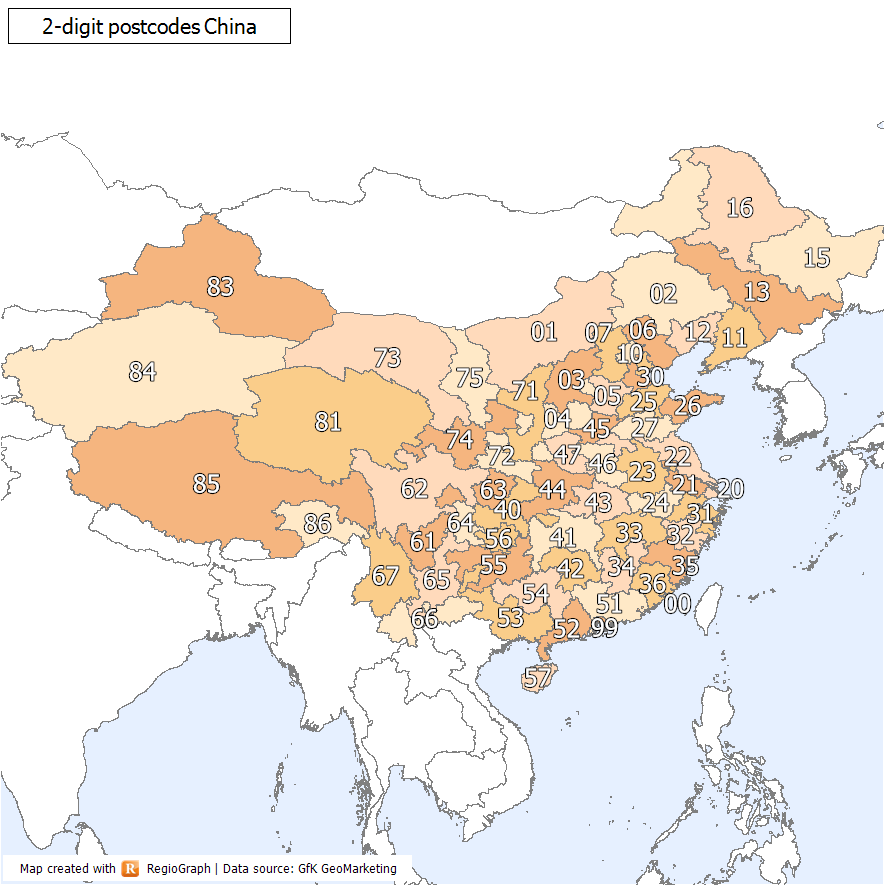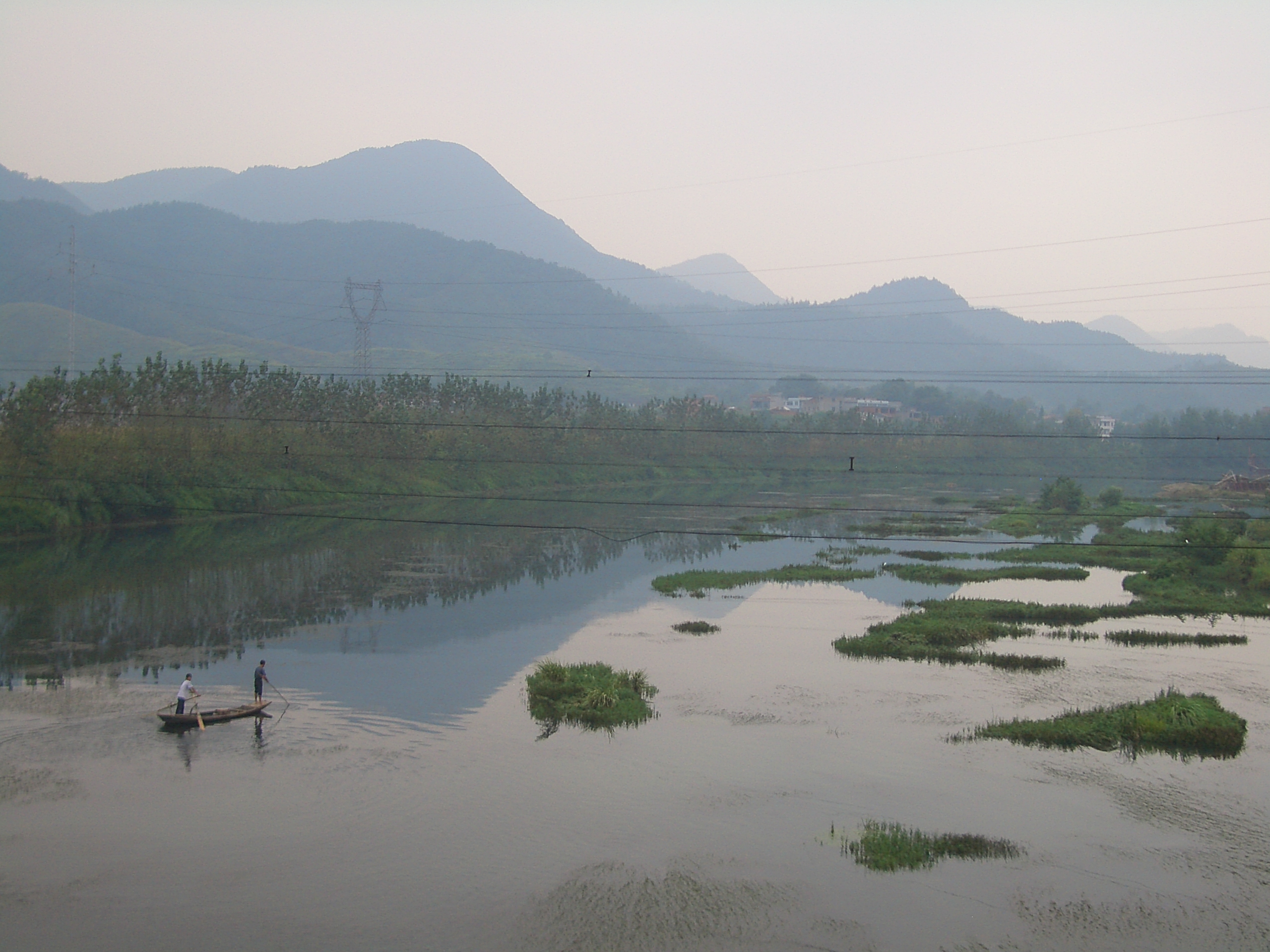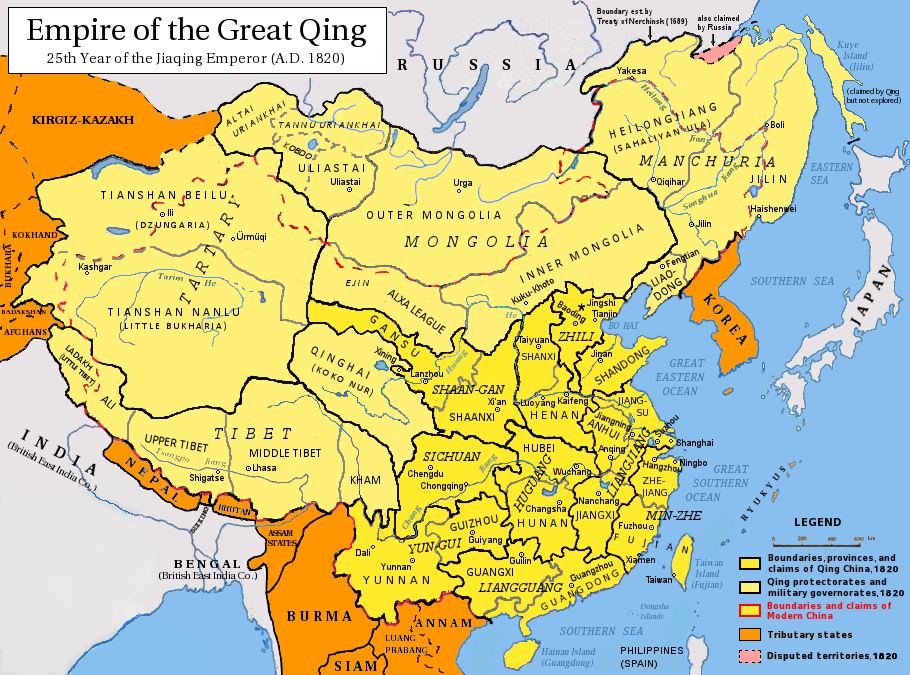|
Shangnan
Shangnan County () is a county in the east of Shaanxi province, China, bordering the provinces of Henan to the east and Hubei to the south. It is the easternmost county-level division of the prefecture-level city of Shangluo, and has an area of and a population of 230,000 as of 2004. Administrative divisions Shangnan County has 1 subdistrict and 8 towns. ;1 subdistrict * Chengguan () ;8 towns * Shiliping () * Qingyouhe () * Shima () * Guofenglou () * Zhaochuan () * Xianghe () * Fushui () * Qingshan () Climate Transport * China National Highway 312 References {{authority control County-level divisions of Shaanxi Shangluo ... [...More Info...] [...Related Items...] OR: [Wikipedia] [Google] [Baidu] |
Shangluo
Shangluo () is a prefecture-level city in southeastern Shaanxi province, People's Republic of China, bordering Henan to the northeast and Hubei to the southeast. Part of the Shannan region of the province, it is located in the eastern part of the Qin Mountains (Qin Ling). Climate As with the other two anchoring cities of Shannan, Shangluo has a monsoon-influenced humid subtropical climate (Köppen ''Cwa''), with cool winters, hot, humid summers, and ample precipitation by provincial standards. It experiences temperatures more moderate than Xi'an and the rest of the Wei River valley to the immediate north, especially so during summer due to the high elevation. The monthly 24-hour average temperature ranges from in January to in July, while the annual mean is . About 60% of the approximately of annual precipitation occurs from June to September. The frost-free period lasts 200 days, and there are about 2,000 hours of bright sunshine annually. Administration Transport *C ... [...More Info...] [...Related Items...] OR: [Wikipedia] [Google] [Baidu] |
China National Highway 312
China National Highway 312 (312国道), also referred to as Route 312 or The Mother Road, is a key east-west route beginning in Shanghai and ending at Khorgas, Xinjiang in the Ili River valley, on the border with Kazakhstan. In total it spans , passing through Jiangsu, Anhui, Henan, Shaanxi, Gansu before ending in Xinjiang. Besides Shanghai, cities of note on the route include Suzhou, Wuxi, Nanjing, Hefei, Xinyang, Nanyang, Xi'an, Lanzhou, Jiayuguan and Ürümqi. It theoretically starts at People's Square, the Zero-Kilometre point for all highways starting in Shanghai, but the first part of the road, Cao-An Highway, starts at Cao-Yang New Village. The road was the subject of Rob Gifford's 2007 book ''China Road'', in which he describes traveling the entire length of Route 312 from the East China Sea to Central Asia. The G40 Shanghai–Xi'an Expressway has replaced National Highway 312 as the main route between those two cities. Route and distance Accidents On October 10 2 ... [...More Info...] [...Related Items...] OR: [Wikipedia] [Google] [Baidu] |
Postal Code Of China
Postal codes in the People's Republic of China () are postal codes used by China Post for the delivery of letters and goods within mainland China. China Post uses a six-digit all-numerical system with four tiers: the first tier, composed of the first two digits, show the province, province-equivalent municipality, or autonomous region; the second tier, composed of the third digit, shows the postal zone within the province, municipality or autonomous region; the fourth digit serves as the third tier, which shows the postal office within prefectures or prefecture-level cities; the last two digits are the fourth tier, which indicates the specific mailing area for delivery. The range 000000–009999 was originally marked for Taiwan (The Republic of China) but is not used because it not under the control of the People's Republic of China. Mail to ROC is treated as international mail, and uses postal codes set forth by Chunghwa Post. Codes starting from 999 are the internal codes use ... [...More Info...] [...Related Items...] OR: [Wikipedia] [Google] [Baidu] |
Prefecture-level City
A prefecture-level city () or prefectural city is an administrative division of the People's Republic of China (PRC), ranking below a province and above a county in China's administrative structure. During the Republican era, many of China's prefectural cities were designated as counties as the country's second level division below a province. From 1949 to 1983, the official term was a province-administrated city (Chinese: 省辖市). Prefectural level cities form the second level of the administrative structure (alongside prefectures, leagues and autonomous prefectures). Administrative chiefs (mayors) of prefectural level cities generally have the same rank as a division chief () of a national ministry. Since the 1980s, most former prefectures have been renamed into prefectural level cities. A prefectural level city is a "city" () and "prefecture" () that have been merged into one consolidated and unified jurisdiction. As such it is simultaneously a city, which is a munici ... [...More Info...] [...Related Items...] OR: [Wikipedia] [Google] [Baidu] |
Fushui
The Fushui River (富水) is a river flowing through Tongshan and Yangxin Counties in the south-eastern part of Hubei province, China. The river is long. It originates in the Mufu Mountains, flows in the general eastern direction, and discharges into the Yangtze River near Fuchi Town, Yangxin County (). There are a number of dams on the river and its tributaries. The most major or them, the Fushui Dam (富水大坝; ) is located in Yangxin County just east of the Tongshan County's county line. The dam creates a fairly large Fushui Reservoir ( 富水水库). The Xianning Nuclear Power Plant is under construction in Dafan Town, Tongshan County, on the northern shore of the Fushui Reservoir (); (Briefly about Xianning Nuclear Power Ltd.). The location given in the article – near the Lio ... [...More Info...] [...Related Items...] OR: [Wikipedia] [Google] [Baidu] |
Xianghe
Xianghe County () is a county of central Hebei province. It is under the administration of Langfang prefecture-level city. Xianghe has 7 towns and 2 townships. It is southeast of Beijing. Sanhe city, Dachang Hui Autonomous County and Xianghe County form the " Northern Three Counties of Langfang", an exclave of Hebei province surrounded by the municipalities of Beijing and Tianjin. Administrative divisions Towns:http://www.xzqh.org/html/list/46.html廊坊市-行政区划网 *Shuyang (), Jiangxintun (), Qukou (), Antoutun (), Anping (), Liusong (), Wubaihu () Townships: * Qianwang Township (), Qiantun Township () Climate Grand Epoch City The "Grand Epoch City" located in the Xianghe Economic & Technical Development Zone of Hebei Province is a 1/6th scale model of the old walled city of Beijing. It covers an area of and contains temples, fountains, ponds, a 27-hole golf course among other things and has hundred of thousands of replicas; all within the "city's" walls. ... [...More Info...] [...Related Items...] OR: [Wikipedia] [Google] [Baidu] |
County-level Division
The administrative divisions of China have consisted of several levels since ancient times, due to China's large population and geographical area. The constitution of China provides for three levels of government. However in practice, there are five levels of local government; the provincial (province, autonomous region, municipality, and special administrative region), prefecture, county, township, and village. Since the 17th century, provincial boundaries in China have remained largely static. Major changes since then have been the reorganisation of provinces in the northeast after the establishment of the People's Republic of China and the formation of autonomous regions, based on Soviet ethnic policies. The provinces serve an important cultural role in China, as people tend to identify with their native province. Levels The Constitution of China provides for three levels: the provincial, the county level, and the township level. However, in practice, there are four levels ... [...More Info...] [...Related Items...] OR: [Wikipedia] [Google] [Baidu] |
County (People's Republic Of China)
Counties ( zh, t=縣, s=县, hp=Xiàn), formally county-level divisions, are found in the third level of the administrative hierarchy in Provinces and Autonomous regions and the second level in municipalities and Hainan, a level that is known as "county level" and also contains autonomous counties, county-level cities, banners, autonomous banners and City districts. There are 1,355 counties in Mainland China out of a total of 2,851 county-level divisions. The term ''xian'' is sometimes translated as "district" or "prefecture" when put in the context of Chinese history. History ''Xian'' have existed since the Warring States period and were set up nationwide by the Qin Dynasty. The number of counties in China proper gradually increased from dynasty to dynasty. As Qin Shi Huang reorganized the counties after his unification, there were about 1,000. Under the Eastern Han Dynasty, the number of counties increased to above 1,000. About 1400 existed when the Sui dynasty abolish ... [...More Info...] [...Related Items...] OR: [Wikipedia] [Google] [Baidu] |
_Xinjiang%2C_China_-_panoramio_(1).jpg)


